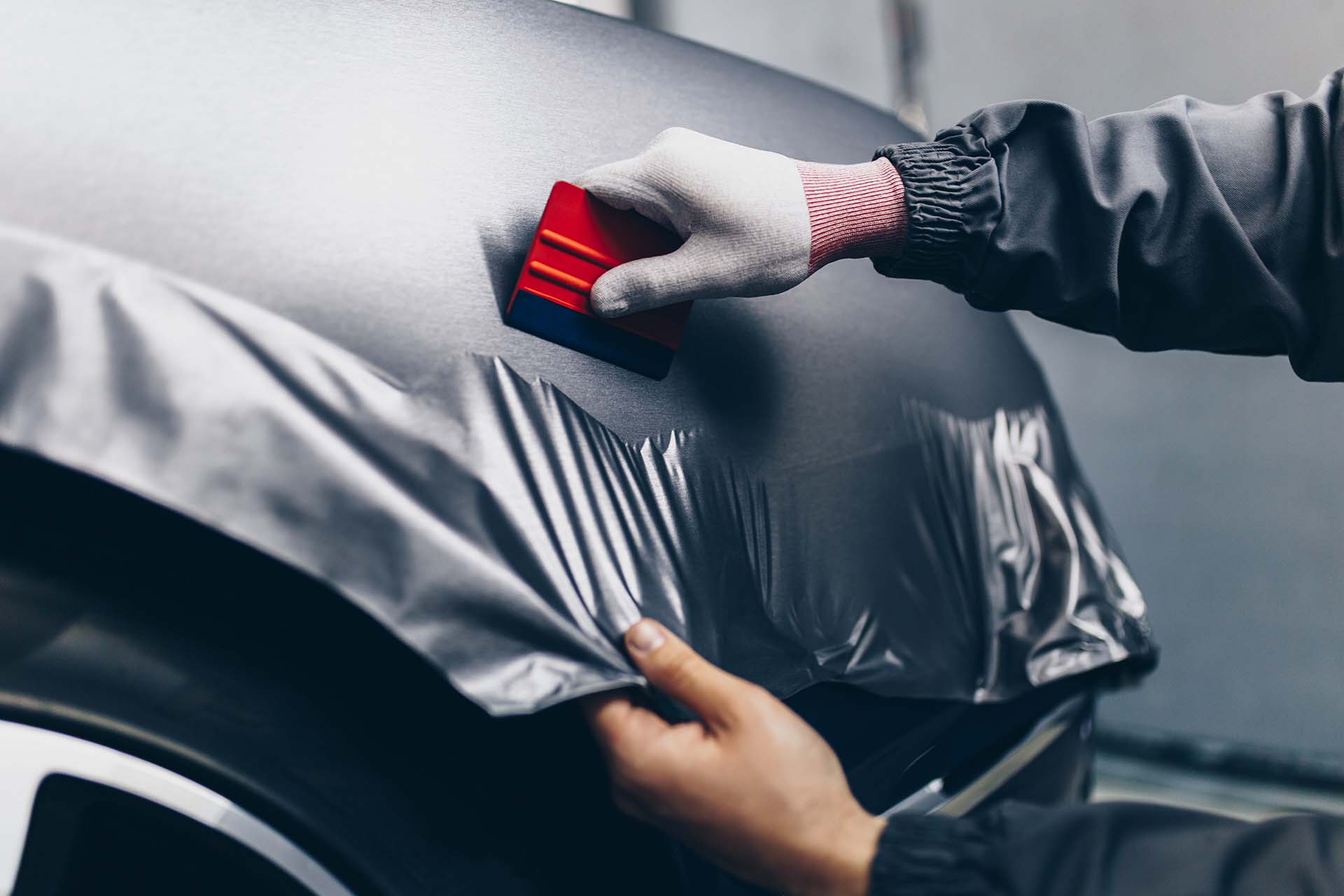Blog>Trade>Starting a Business>Electricity at Work Regulations explained
Last updated: 10 May 2024
Electricity at Work Regulations explained
From engineers to electricians, electrical safety at work is something that tradespeople need to bear in mind. Luckily, that’s where the Electricity at Work Regulations come in. In this guide, we’ll be explaining what the EAW regulations are and why they’re important for you.
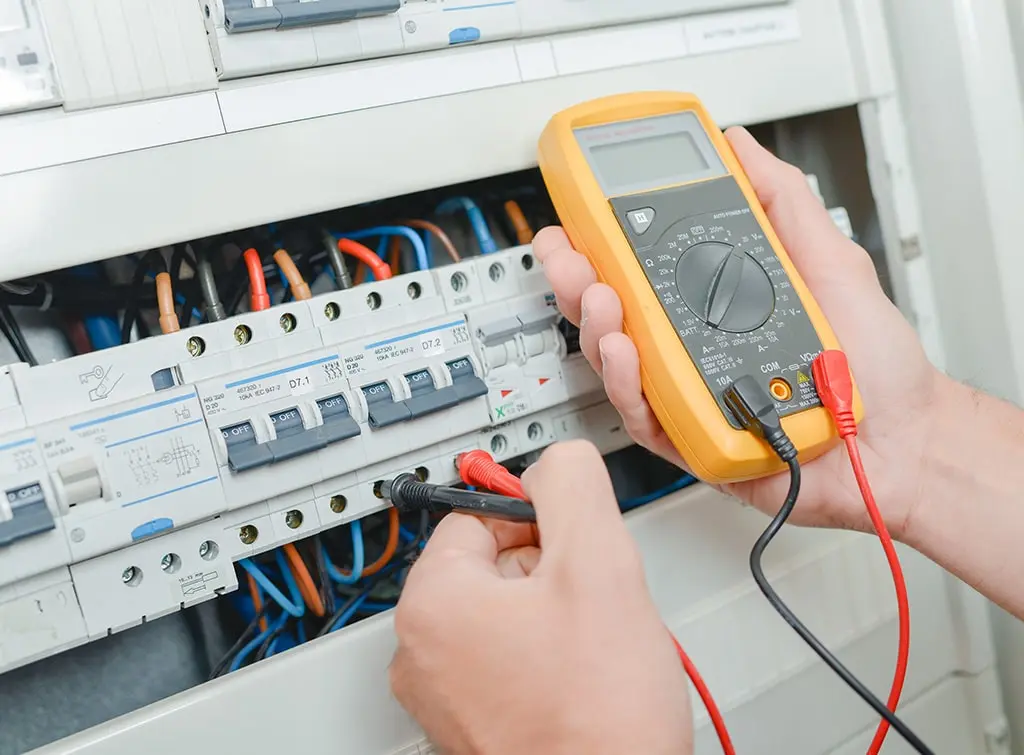
What are the Electricity at Work Regulations 1989?
Sometimes referred to as the ‘Electricity at Work Act’, the Electricity at Work Regulations 1989 are there to ensure any electrical activities in the workplace are carried out safely.
Set out under the Health and Safety at Work Act 1974, these apply to almost all workplaces regardless of the industry. The EAW regulations cover 13 main areas, this includes:
Systems, work activities and protective equipment
Strength and capability of electrical equipment
Adverse or hazardous environments
Insulation, protection and placing of conductors
Earthing or other suitable precautions
Integrity of referenced conductors
Connections
Means for protecting from excess of current
Means for cutting off the supply and for isolation
Precautions for work on equipment made dead
Work on or near live conductors
Working space, access and lighting
Persons to be competent to prevent danger and injury
It’s also worth noting that the Electricity at Work Regulations are statutory. This means employers must follow them and employees must co-operate.
You can find the official guidance on the Electricity at Work Regulations 1989 on the HSE website. We've also got another separate guide which talks more about the role of the HSE.
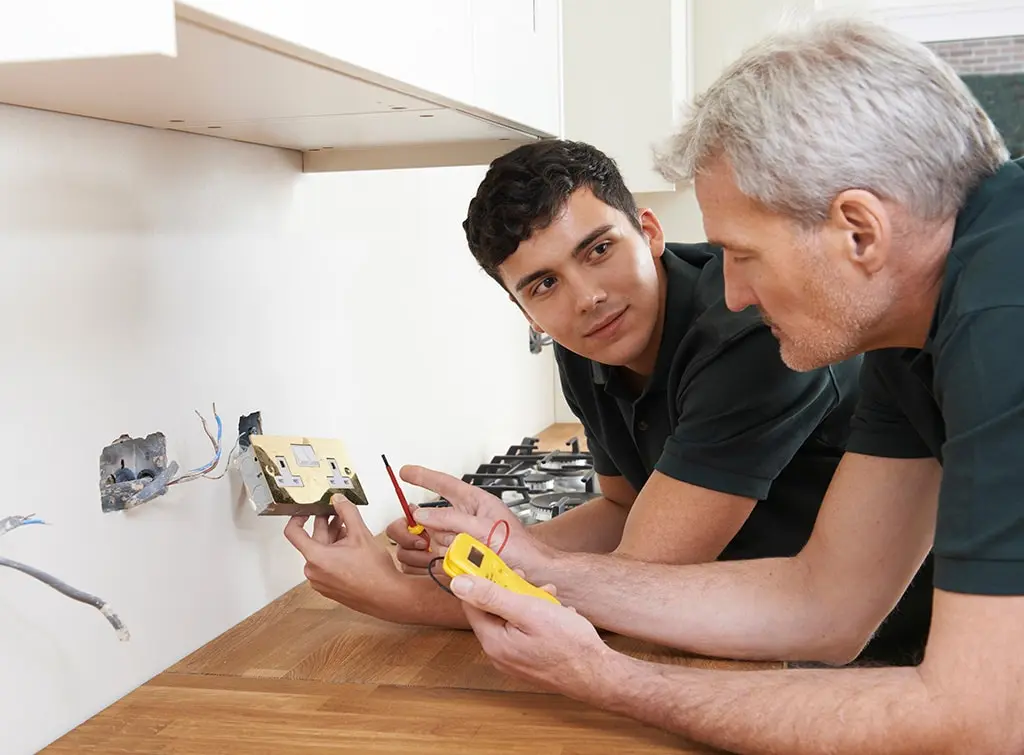
How to meet the Electricity at Work regulations
The regulations put the responsibility on employers to ensure all the necessary precautions are being taken to reduce the risk of accidents.
A common example of how the Electricity at Work Regulations is applied in the workplace is through PAT testing of electrical devices. As well as supplying your staff with the best electrical PPE and clothing for the job at hand.
However, the EAW regulations don’t just apply to employers, employees must also do their part in keeping the workplace safe.
Below are a few examples of employer and employees’ responsibilities when it comes to the Electricity at Work Regulations and electrical safety.
Employer responsibilities
Electrical equipment must go through necessary safety checks before use
Equipment needs to be installed correctly and regularly checked by a qualified engineer
Bring in a certified electrician to run periodic electrical inspections and testing
Provide employees with proper training and information on electrical safety
Employee responsibilities
Maintain and operate electrical systems and equipment in the safest way possible
Report faulty equipment to your line manager or Health and Safety representative
Take part in training courses laid out by your employer
Why do the Electricity at Work Regulations exist?
To summarise, the main reason that the EAW regulations exist is to avoid any electricity-related injuries or deaths in the workplace. Examples of these include electric shocks and burns, all the way to fires caused by electricity.
It's the same reason why you're required to understand fire door safety regulations. It helps to keep everyone safe while they work.
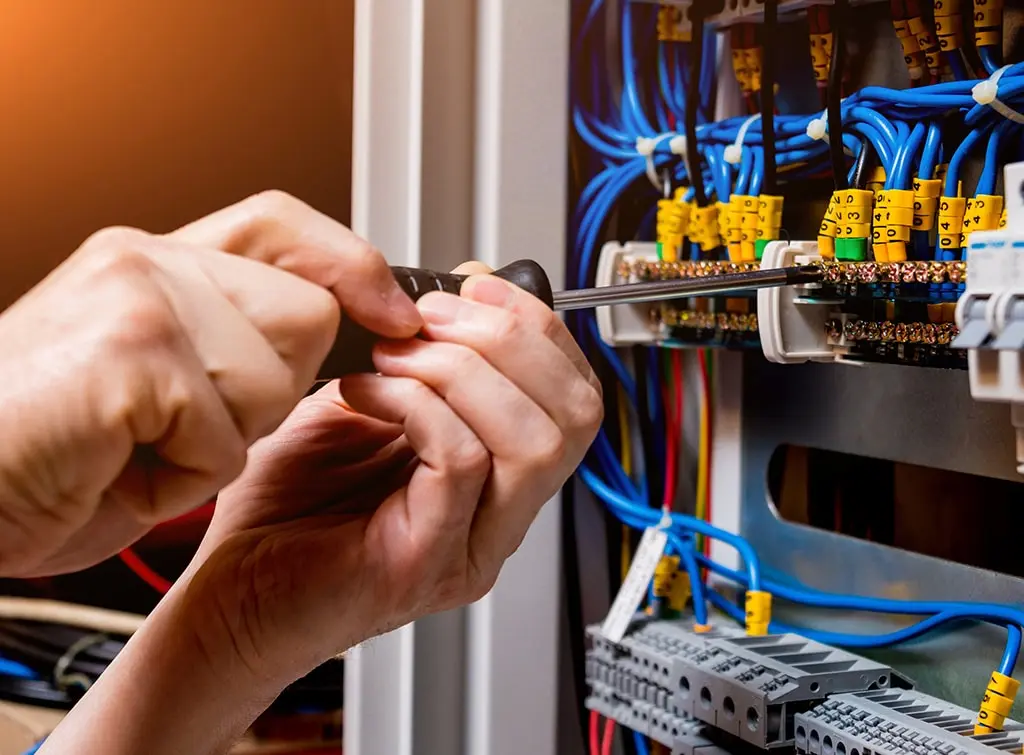
What do the Electricity at Work Regulations mean for tradespeople?
According to a report from the HSE, the largest number of electricity-related accidents come from the electrical installation and construction industries. Whilst this may not be surprising to hear, it only further highlights the importance of these regulations for tradespeople.
Of course, as the research shows, it’s not just electricians that take on tasks at work which are affected by electricity. So, what exactly should tradespeople know about the Electricity at Work Regulations?
Trade business owners have a duty of care
Regardless of your trade. Whether you're a business owning electrician or plumber. Whether you’ve started a construction company or set up a gardening business, you have a duty of care to those working for you. Therefore, you’re responsible for making sure the Electricity at Work Regulations are being followed.
Essentially, as a business owner, you must have measures in place to ensure electrical systems are safe to use and maintained properly. By doing so, you’re protecting employees from electrical danger.
This is especially important as most tradespeople often work with various electrical equipment and systems which could be hazardous.
Tradespeople need to be mindful when working
It may sound obvious, but there can be all sorts of potential dangers from the types of electrical equipment and systems used by tradespeople.
That’s why, it’s also the duty of tradespeople to make sure any electrical risks are highlighted, and work activity is done safely. Being mindful when working and using your best judgement is key.
For instance, always check that electrical equipment you’re using has been inspected and tested according to the EAW regulations.
Another part of this is following the measures which will have been put in place by the business owner. Also, if you spot anything that doesn’t seem right with, raise it with someone.
Commercial electricians have additional responsibility follow the regulations carefully
Compared to domestic electricians, commercial electricians will be taking on jobs for businesses in their workplace. This means that the regulations they must legally follow the EAW regulations on all their jobs.
It’s up to the commercial electrician to check that electrical safety is being followed by the book. This can include PAT testing as well as installation and maintenance of electrical systems.
In short, commercial electricians are responsible for helping to ensure all electrical equipment and systems are safe and compliant.
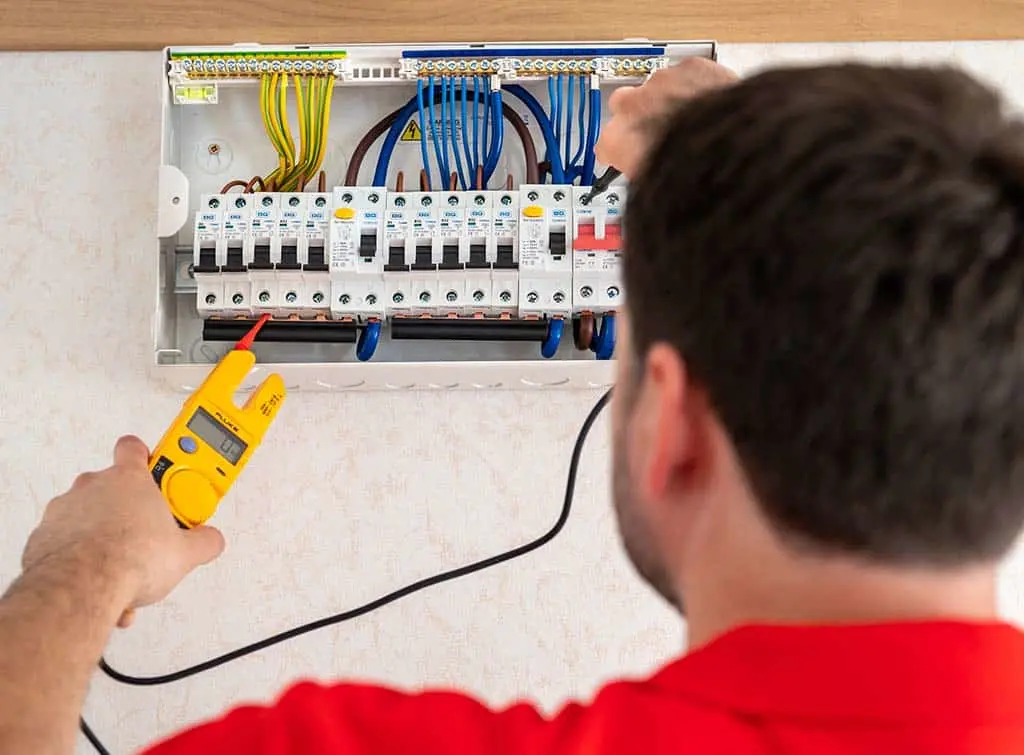
Set up your own trade business with the help of Checkatrade
At Checkatrade, we know that there are a lot of things to bear in mind when it comes setting up your own trade business. Whatever trade business you’re planning on starting, we can help you get off to the best start.
Becoming a Checkatrade member can help increase your chances of winning a job. Why? Homeowners know that we vet and monitor all our members and being listed in our directory means you offer high-quality services.
Don’t forget to develop your profile so that potential customers can get an idea of your trade business and services. From uploading photos to displaying customer reviews, there’s all sorts you can do to generate more leads.
There are also the exclusive member discounts on everything from insurance to tools and equipment. Our partnerships also include training and accreditation providers so you can upskill yourself and your employees, and prove your business delivers excellent work.
